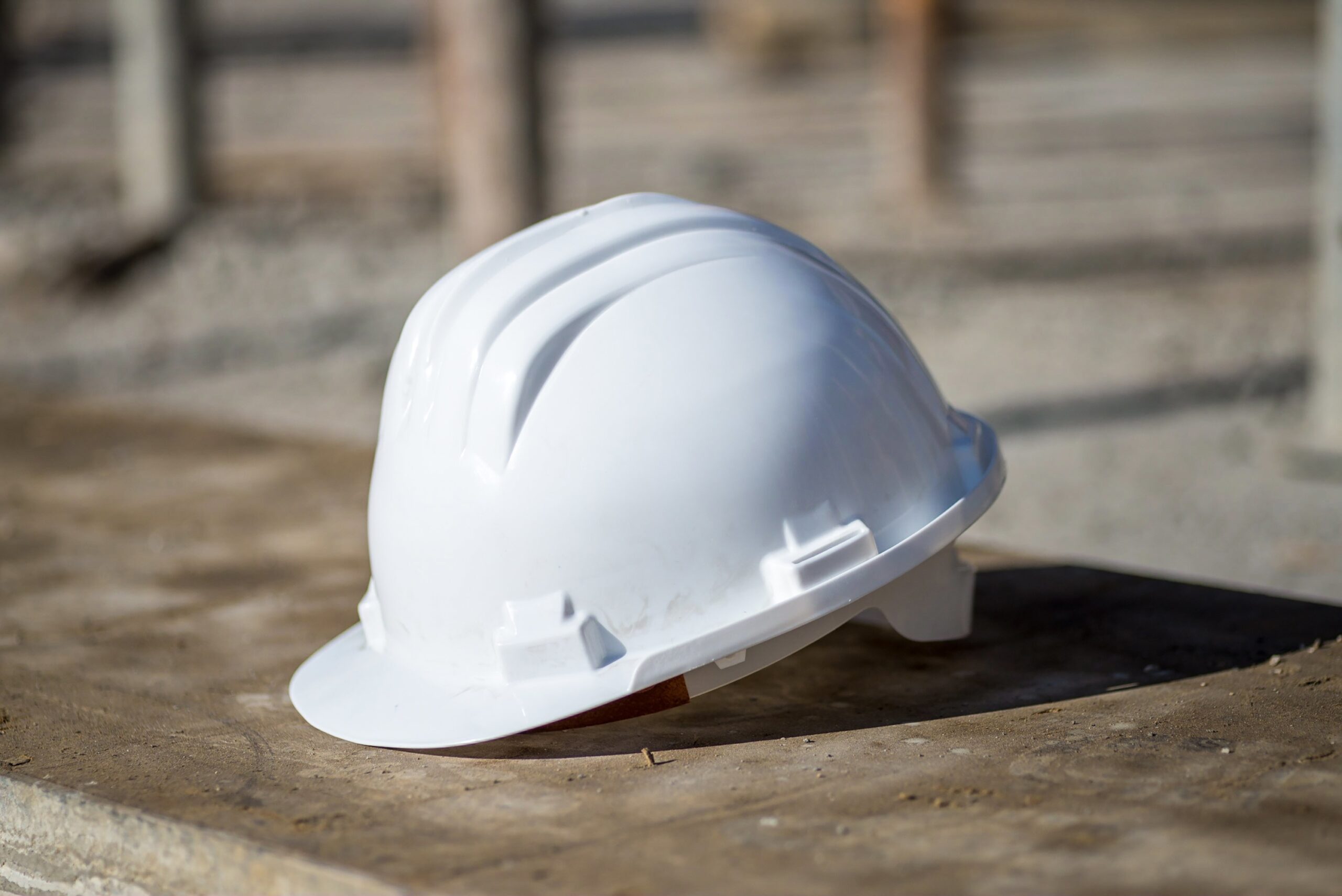Report highlights trends in construction worker suicide rates
Construction workers remain at higher risk of suicide than other Australians, but new research shows the gap is closing.

MATES in Construction commissioned the University of Melbourne to conduct a recently released study titled Suicide in the Construction Industry, Volume 7, led by Associate Professor Tania King.
The report shows that male construction workers continue to die by suicide at nearly twice the rate of other employed men (25.7 per 100,000 versus 14.3 per 100,000). However, in several states including Queensland, Victoria and South Australia, rates are steadily declining and converging with the national average.
However, the report reveals a troubling trend: suicide rates among younger construction workers (aged 15–24) have risen in recent years, bucking the overall decline. Suicide remains the leading cause of death among Australians aged 15–24 and 25–44, with construction workers in these age groups facing heightened risks.
“While suicide in the construction industry remains higher than many other sectors, this analysis suggests that trends are heading in the right direction,” says King, who now works at RMIT. “It’s important that prevention efforts build on this and continue to address suicide in the construction sector.”
Between 2001 and 2021, more than 4,500 suicides were recorded among construction workers in Australia. Recent trends show encouraging signs, with some states seeing construction suicide rates drop significantly and, in some states, reaching parity with other industries.
The shift is backed by new qualitative research published in SSM – Qualitative Research in Health, which found that the MATES “network of safety” model has transformed social norms on sites. Workers reported that suicide prevention is now embedded in daily workplace culture, with help-offering and help-seeking seen as strengths rather than weaknesses.
“Construction has gone from a culture where talking about mental health was frowned upon, to one where looking out for your mates is part of the job,” says MATES Australia CEO Jorgen Gullestrup. “This is proof that cultural change is possible, and it saves lives.”
Help is at hand
The MATES Helpline (1300 642 111) provides free 24/7 suicide and mental health support services.
Image courtesy of Wirestock via Freepik
PREV
NEXT
Comments
Advertisements
Recent news
- Updates to NABERS embodied carbon
- Like shelling pea(nut)s: UNSW researchers make graphene breakthrough
- The path ahead for the VEU – industry webinars
Latest events
- The path ahead for the VEU – industry webinars
- Additional keynote announced for HVAC26
- PSO to host focus groups at AIRAH Hobart Industry Night
 Nick Johns-Wickberg
Nick Johns-Wickberg

Leave a Reply